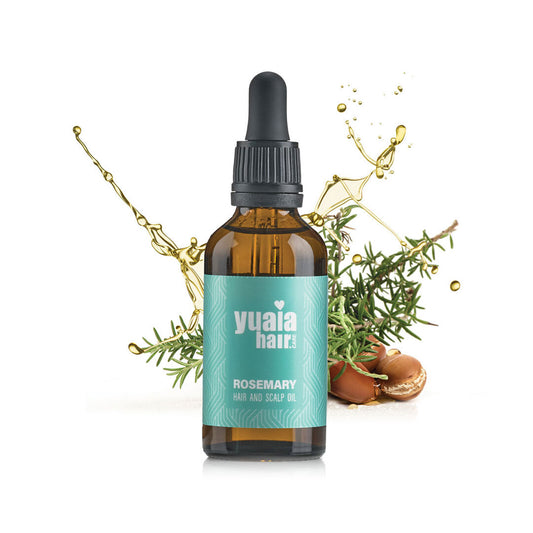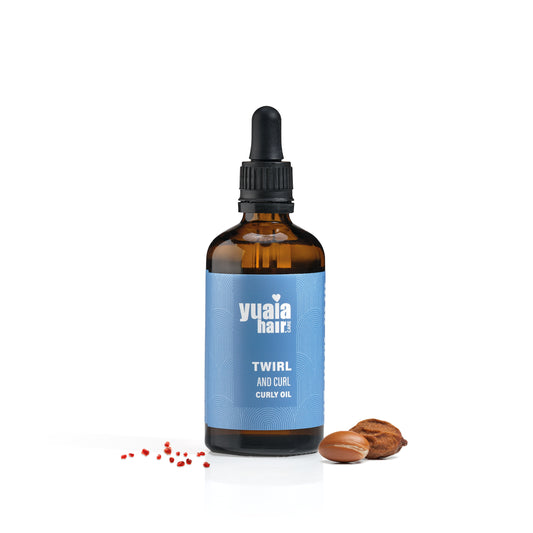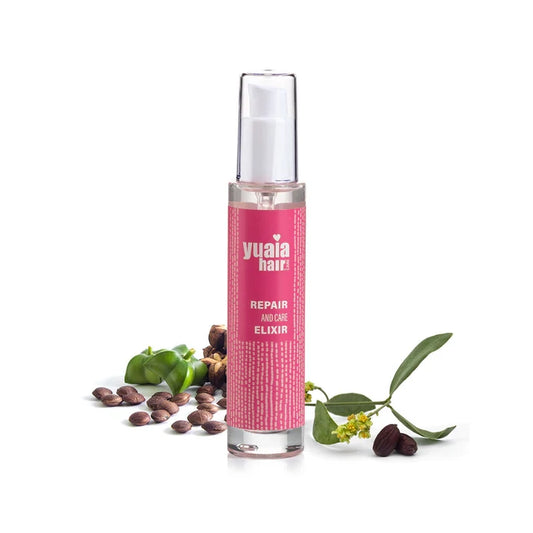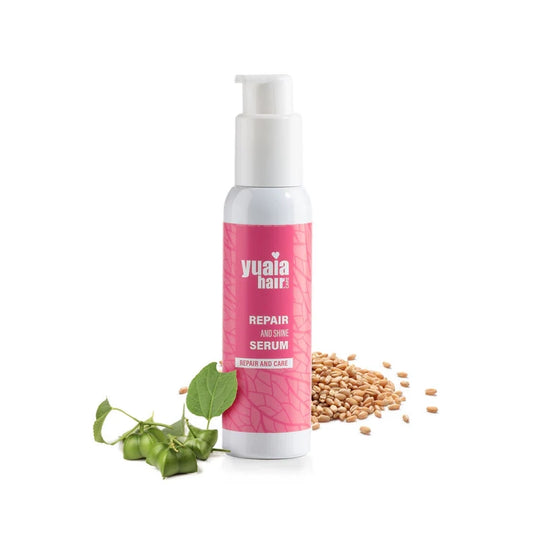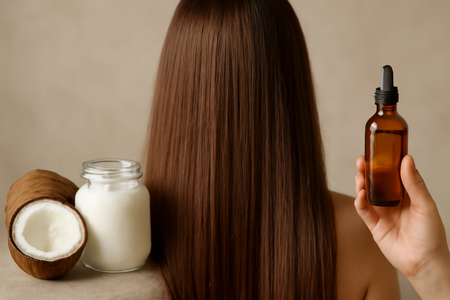
Coconut Oil: Deep Moisturization and Repair
Coconut oil is a versatile and widely used oil derived from the meat of mature coconuts. Known for its rich composition, it contains vitamin K and an array of fatty acids, which contribute to its ability to deeply moisturize and repair hair. This makes it an excellent choice for those with thick, dry, or extremely damaged hair, as it helps reduce protein loss and provides a protective barrier against environmental damage.
The oil's thick texture can be both a benefit and a drawback. While it effectively tames frizz and adds a luscious shine to hair, it can also be too heavy for fine or oily hair types, potentially leaving them greasy. Therefore, it's important to apply coconut oil sparingly or focus on the ends of the hair to avoid weighing it down.
Argan Oil: Lightweight Hydration and Shine
Extracted from the kernels of Moroccan argan trees, argan oil is renowned for its lightweight, non-greasy texture. This luxurious oil is rich in fatty acids, offering a range of benefits for all hair types. Argan oil provides lightweight hydration, smooths hair, adds shine, and reduces frizz, making it particularly suitable for fine, oily, color-treated, or frizzy hair.
One of the standout features of argan oil is its ability to provide heat protection, which is beneficial for those who frequently style their hair with heat tools. Despite being more expensive than coconut oil, its versatility and ease of use make it a popular choice for daily hair care routines. For those seeking a non-greasy solution to enhance hair health and appearance, argan oil is an excellent option.
Suitability and Considerations
When deciding between coconut oil and argan oil, it's crucial to consider your hair type and specific needs. Coconut oil is best suited for thick, dry, or curly hair types due to its deep moisturizing properties. However, it may not be ideal for fine or oily hair, as it can be too greasy. On the other hand, argan oil's lightweight nature makes it suitable for all hair types, especially those with fine or oily hair, as it hydrates without weighing hair down.
For those looking to incorporate natural oils into their hair care routine, both coconut and argan oil offer unique benefits. If you're dealing with extremely dry or damaged hair, coconut oil can provide the necessary nourishment and repair. Meanwhile, argan oil is perfect for enhancing shine and smoothness while providing lightweight hydration.
To explore products that include the nourishing benefits of natural oils, consider our Rosemary oil, which combines the strengths of various oils to promote healthy hair.
Choosing the Right Oil for Your Hair Needs
Selecting the ideal oil for your hair involves considering several factors. First, assess your hair type and texture: is your hair thick or fine, dry or oily? Coconut oil, with its deep moisturization properties, is often favored for thick, dry, or curly hair. In contrast, argan oil's lightweight hydration makes it suitable for fine, oily, or color-treated hair. Additionally, consider specific hair concerns such as damage repair or shine enhancement. Coconut oil excels in repairing and moisturizing, whereas argan oil enhances shine and reduces frizz.
Personal preferences also play a role in your decision. The texture, scent, and ease of application of each oil can influence your choice. Coconut oil has a thicker consistency and a distinct aroma, while argan oil is lighter and has a more subtle scent. Experimenting with both oils can help you determine which aligns best with your preferences and hair goals.
Combining Both Oils
For those seeking to address multiple hair concerns, using both coconut and argan oil can be beneficial. Alternating between the two or blending them can provide a customized hair treatment. For example, you might use coconut oil for a deep conditioning treatment once a week and apply argan oil for daily shine and frizz control. This approach allows you to enjoy the unique benefits of each oil and tailor your hair care routine to your specific needs.
The Final Verdict: Tailoring Your Hair Care Routine
Ultimately, the best choice between coconut oil and argan oil depends on your individual hair needs and preferences. Experimentation is key to discovering the perfect balance for your hair goals. At Yuaia Haircare, we offer products that incorporate the strengths of both oils, ensuring optimal results for a variety of hair types and concerns. Explore our range to find the ideal solution for your hair care routine.
Frequently Asked Questions
Can I Use Both Coconut Oil and Argan Oil Together?
Yes, combining both oils can offer comprehensive benefits for various hair concerns. Using them together can provide deep moisturization and lightweight hydration, addressing multiple hair needs.
Which Oil is Better for Frizzy Hair?
Argan oil is particularly effective for reducing frizz due to its lightweight and smoothing properties. It helps tame flyaways and adds shine without weighing the hair down.
How Often Should I Apply These Oils to My Hair?
It depends on your hair type and needs. Generally, applying these oils once or twice a week is sufficient for most hair types. However, you can adjust the frequency based on how your hair responds.
Will Coconut Oil Make My Hair Greasy?
Coconut oil can be heavy for fine or oily hair, so it's important to use it sparingly. If greasiness is a concern, consider opting for argan oil, which is lighter and less likely to weigh hair down.
 2-5 day delivery
2-5 day delivery
 25.000+ satisfied customers
25.000+ satisfied customers
 Satisfaction Guarantee
Satisfaction Guarantee



















